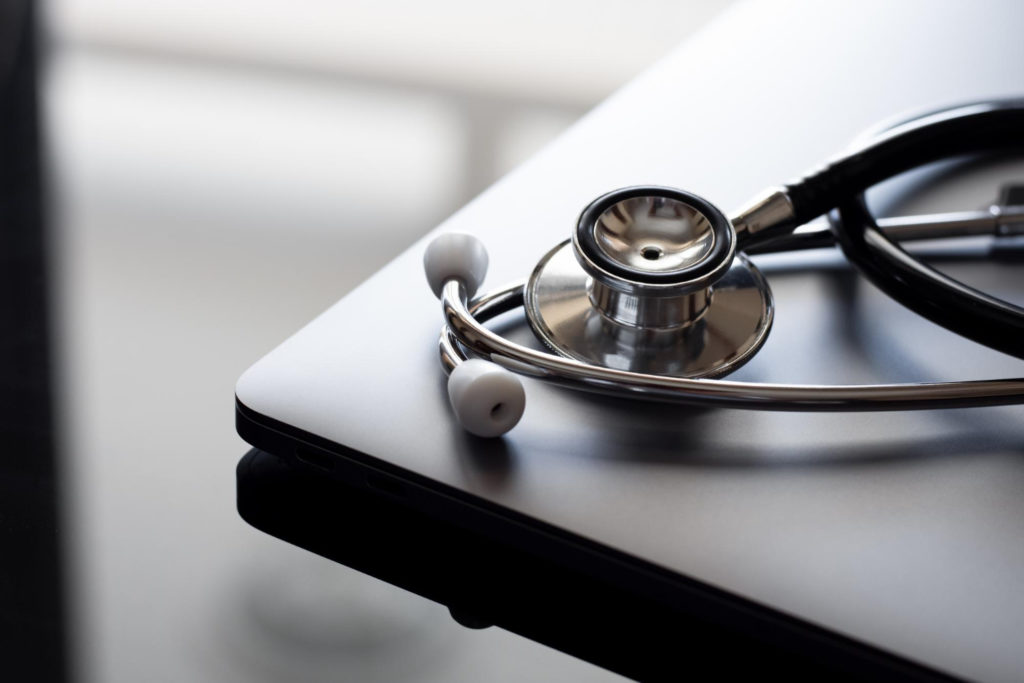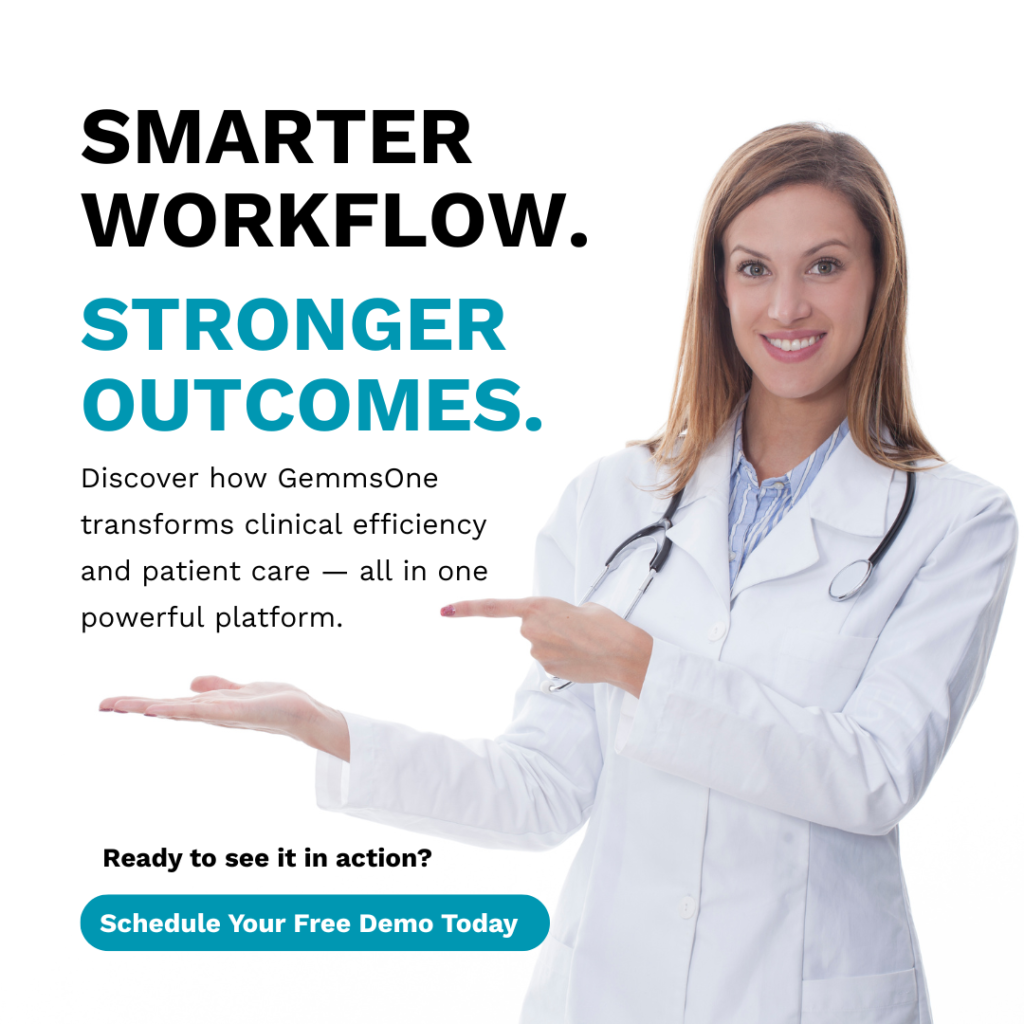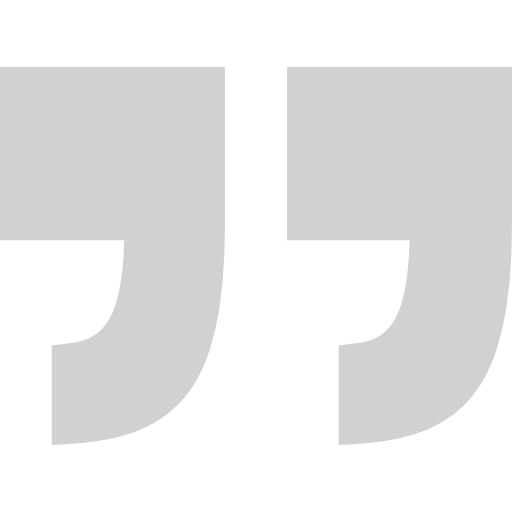Keeping patient records can be stressful for a practice of any size, but for specialties, record keeping is another matter.
Cardiology is a complicated field requiring constant checks and balances. It requires many imaging tests and relies heavily on electronic medical devices such as ECG, ECHO, and Spirometers to monitor and detect abnormalities. As a result, patient records are more complicated, paper records are tedious to compile and update, and are prone to getting misplaced or completely lost.
A sizable number of EHR (electronic health record) products are offered by vendors who provide a variety of general EHR products or focus on other specialties but not cardiology-specific products. However, cardiology-specific EHR systems do exist.
Here we will discuss what cardiology-specific EHR software does and what features are needed for EHR to help cardiologists keep effective records.
What Does a Cardiology-Specific EHR Software Do?
EHR (electronic health record) is a computer software that helps healthcare providers manage patient medical records and automate clinical workflows. Most practices are moving to electronic records. Generally, EHR systems have the following features that allow providers to:
- Take notes during patient encounters
- Generate reports
- Communicate with patients and other staff
- See patients remotely
- Prescribe medications electronically
EHR systems support healthcare providers by making it easier to access and quickly understand the patient history and maintain communication with patients regarding their treatment plans. Additionally, electronic records help reduce mistakes in creating records, sending referrals, and prescribing medication.
The emergence of telemedicine is making healthcare even easier for patients. And EHR systems with integrated tools such as secure communication make it easier for healthcare professionals to provide care via telemedicine.
Cardiology-specific EHR software has specific integrations and functionality that allow cardiologists to access information about patients quickly and efficiently and view and record important documentation related to their practice.
What Features Are Needed in Cardiology-Focused EHR?
Since all medical practices are changing to electronic recording, the electronic medical records (EMR) software for cardiology needs to incorporate all of these features to make the transition smooth.
PHR (Patient Health Record)
Electronic patient health records provide a complete and accurate summary of an individual’s medical history, which is accessible online. These records make it easier for cardiologists to get quick access to patients’ medical histories, helping them make decisions about treatment planning.
Clinical Dashboard
The clinical dashboard gives physicians a real-time dashboard that will help them view patient charts, profiles, billing processes, scheduling, etc., all in one place, which saves time.
Working Patient List
A working patient list is a view where users can build their own custom “to-do” list or a shared list may be created for users to work as a group for more efficient workflow and management of ongoing tasks.
Patient Document Viewer
Some physician specialties can spend a significant amount of time rounding at the hospital, viewing charts, meeting with patients, and conversing with other physicians involved in care.
Patient Portal
A Patient Portal enhances office workflow and encourages patient self-service, allowing patients to view personal care records and securely communicate with their care provider. For example, the EHR system can integrate with scheduling to automatically remind patients of upcoming appointments.
PACS
PACS provides the capability to create custom reports based upon automated retrieval of diagnostic information from digital imaging.
Specific tests and procedures are intrinsic to the cardiology field and need to be part of cardiology-specific EMR software. Templates include:
- Pacemaker visits
- Warfarin interaction alerts
- ICDs
- Cardiology SOAP notes
- Hypertension
- Carotid ultrasound
- Exercise stress tests
Clinical Decision Support
The clinical decision support platform leverages the world’s largest library of evidence-based medical knowledge to provide real-time patient and population assessment at the point of care.
Direct Mail Messaging/Automated Referrals
Direct messaging integrations allow providers to securely send protected health information encrypted over the internet to another provider, such as a patient’s primary care provider or other specialists. And automated faxing solutions of documents to referring physicians save hours as it eliminates the need to process faxes or referrals manually.
Additional Features Found in Cardiology EHR
In addition to the ones mentioned above, cardiology practices need:
- Features for complying with governmental regulations and payer requirements to simplify and enhance operational and financial performance.
- Connections to external revenue cycle management programs.
Conclusion
EHR systems can help healthcare practices of any size manage their practice effectively, from enhanced patient records and communications to secure and easy referral pathways and other functionality that make patient care easier and more efficient.
For cardiologists, a specific EHR software can provide additional benefits that help them document specific information such as imaging and test results.
Gemms One EHR is built with cardiologists in mind, offering a comprehensive solution that can improve clinical efficiency, billing, diagnostics, and patient interactions.



